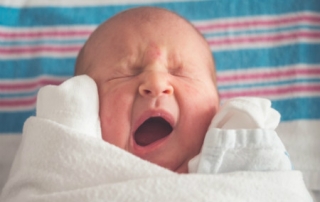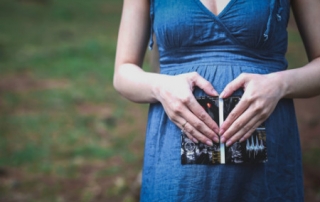Abuse as a Risk Factor for Perinatal Depression
Two recent reports explore the relationship between abuse and risk for perinatal depression. The first is a study which analyzed data from 53,065 pregnant women participating in the Norwegian Mother and Child Cohort Study (MoBa). [...]





